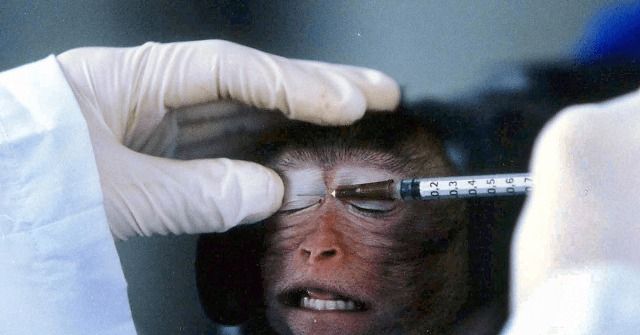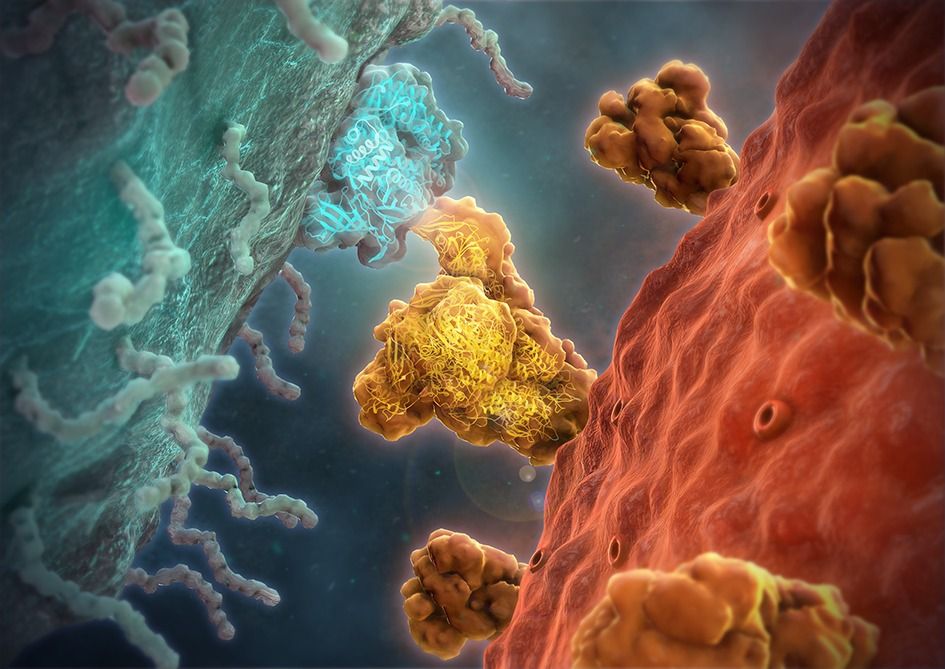Ren Zhiqiang appears to be the latest government critic silenced by the Communist Party as it cracks down on dissent over the epidemic.



Population Research Institute President Steven W. Mosher wrote at the New York Post on Saturday that China’s coronavirus epidemic could have been unleashed by researchers who sold laboratory animals to the notorious “wet markets” of Wuhan for extra cash.
Mosher is not the first skeptic of Beijing’s official coronavirus narrative to note the presence of an advanced microbiology lab near Wuhan, the city where the epidemic originated. Since the early days of the crisis, theories have suggested everything from the lab accidentally releasing the virus to speculation that the virus might have been deliberately designed as a biological weapon.
His theory cited as evidence the release of new guidelines from the Chinese Ministry of Science and Technology calling for “strengthening biosecurity management in microbiology labs that handle advanced viruses like the novel coronavirus.”

All restaurants, cafés, cinemas and clubs in France will close at midnight in an effort to stop the spread of the coronavirus, the French prime minister Édouard Philippe said in a press conference.
He said the virus is spreading faster even though limitations on mass gatherings were imposed.
“People are still going to cafes and restaurants which is something that I would normally enjoy because this is the French way of living but not during these times,” he said.


Uh oh…
Denver and Aurora police will no longer send an officer to take reports on low-level incidents in an effort to protect their staff from the new coronavirus.
Both departments are encouraging people to report crimes online if they don’t require an immediate response and if no one is in danger. The departments can then follow up with a phone call without risking exposure of officers or the person making the complaint to the virus. Aurora police leadership said they would not send officers to a call unless there is still a crime in progress or its a serious offense.
The Denver Police Department started preparing for COVID-19 more than a month ago and has contingency plans should a bulk of their force become infected, Chief Paul Pazen said. The department will have to prioritize calls as they come in if their staffing is severely impacted, he said. Officers will no longer respond in-person to reports of crimes like vandalism and low-level theft.


O.o circa 2019.
A scientist in Wisconsin has invented a bandage that uses an electrical field to speed up the time needed for a wound to heal. It could one day lead to treatments for baldness and obesity.
STEVE INSKEEP, HOST:
This next story reveals another of the wonders of electric power. A scientist in Wisconsin invented an electrical bandage, which speeds up the time it takes a wound to heal. This same approach, we’re told, may someday help overweight people shed pounds and bald people to grow new hair. Let’s plug in this story by NPR’s Joe Palca.

Google the word “jugaad,” and you’ll find a plethora of results, from simple dictionary definitions to advice that Western companies should adopt it as part of their practices. Jugaad — a colloquial Hindi, Bengali, and Punjab word — simply means “hack,” and captures the pervasive Indian spirit of finding a low-cost — and sometimes quite resourceful — solution to any problem. If this word doesn’t make one think of entrepreneurship, I don’t know what does.
Indeed, the small-scale biotech facilities scattered all across India, offering products with extremely high adoption rates such as microbial-based biofertilizers, capture the essence of jugaad. In India, finding solutions to the problems at hand is very natural, a way of life, essentially — and any solution, especially an economically sensible one, will be readily adopted. With such a pervasive ideal, India seems like the perfect setting for synthetic biology and biotech-based innovation.

Democratic presidential candidate Rep. Tulsi Gabbard  Tulsi GabbardLawmakers call for universal basic income amid coronavirus crisis Tulsi Gabbard calls for giving Americans K a month during coronavirus outbreak Biden consolidates majority support in new Hill/HarrisX 2020 poll MORE (D-Hawaii) called for introducing a universal basic income (UBI) of $1,000 a month until coronavirus “no longer presents a public health emergency.”
Tulsi GabbardLawmakers call for universal basic income amid coronavirus crisis Tulsi Gabbard calls for giving Americans K a month during coronavirus outbreak Biden consolidates majority support in new Hill/HarrisX 2020 poll MORE (D-Hawaii) called for introducing a universal basic income (UBI) of $1,000 a month until coronavirus “no longer presents a public health emergency.”
“Most Americans don’t have that safety emergency bank account even for a short term, what to speak of if you’re talking about weeks, or in this case people are looking at potentially months,” Gabbard said in an interview on Hill. TV.
Her proposal, H.R. 897, would give a UBI of $1,000 per month to all adult Americans “until COVID-19 no longer presents a public health emergency.”
The DEA-led initiative focused on members of Cartel de Jalisco Nueva Generacion (CJNG), one of the most dangerous drug cartels in the world, who were monitored by federal law enforcement officials over a six month period.
The agencies announced that the operation resulted in 600 arrests nationwide, 350 indictments and seizures of money and drugs.
Sharing the full story, not just the headlines.